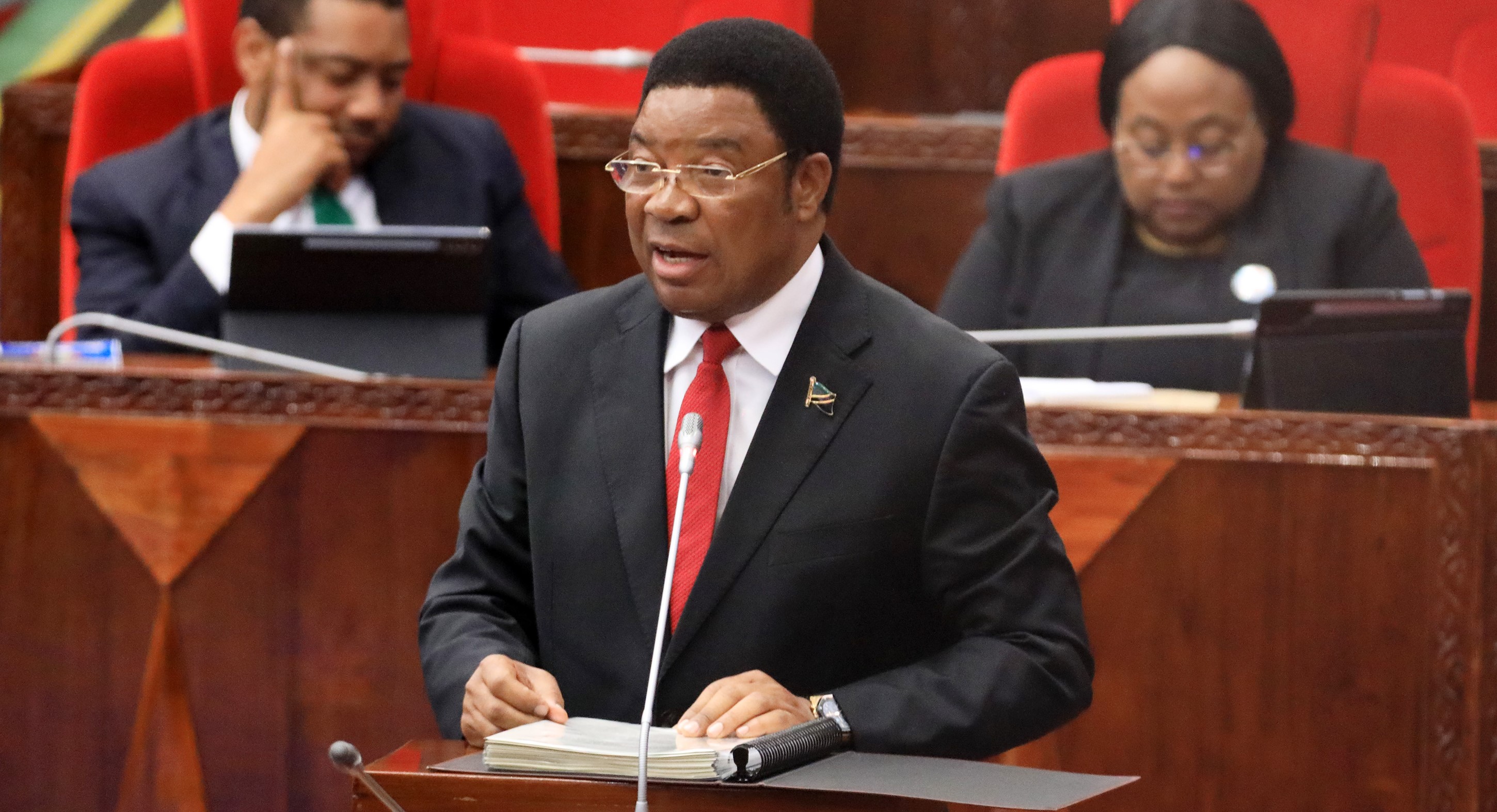Why government’s directive on boarding schools flopped

The government has banned schools from taking boarding pupils from nursery to standard four. PHOTO | COURTESY
What you need to know:
- The ministry of Education, Science, and Technology issued Circular No. 2 of 2023 earlier this year, putting to an end the longstanding practice of sending schoolchildren to boarding schools.
Dar es Salaam. The government’s directive to abolish accommodation of children for nursery and lower primary school pupils has encountered setbacks that led to stalled implementation as 2023 ends.
The ministry of Education, Science, and Technology issued Circular No. 2 of 2023 earlier this year, putting to an end the longstanding practice of sending schoolchildren to boarding schools.
The rationale behind the decision was to enable the children to receive parental care as well as foster stronger family bonds between the children and their relatives at an early age.
However, the directive faced staunch opposition from various quarters, with critics citing inadequate research as a primary factor contributing to the challenge of its implementation.
The controversial circular stipulated that schools seeking to offer boarding services must obtain a special permit from the Commissioner for Education, noting that contraventions would lead to stringent legal measures, including the revocation of school licences.
The clash of perspectives pitted the government against private school owners represented by Tanzania Private Schools and Colleges (Tamongsco) and parents, who had diverse opinions on the matter.
Tamongsco and other education stakeholders engaged in discussions with the executives in the ministry of Education, where they expressed their concerns and advocated for the retention of boarding facilities in schools. Educational Initiatives Tanzania (EIT) CEO, Mr Benjamin Nkonya, shed light on the contentious issue, revealing that despite initial support, the directive is now in limbo.
He suggested that the government reconsider its position after the realisation that there are valid reasons why parents choose to enrol their children in boarding schools.
While the ministry later invited education stakeholders to a committee aimed at preparing guidelines for the implementation of directives, Mr Nkonya noted that the initiative was seemingly abandoned.
He hinted at a lack of consensus among stakeholders and the likelihood that the government would recognise the need for a more thorough understanding of the complexities involved.
“I was part of that committee, and that thing was abandoned. So we continue with the business as usual; even kindergarten pupils stay in the dormitory, as usual,” he said.
An education expert from Mzumbe University, Dr Emmanuel Minja, applauded the government’s intention but questioned the contradictory nature of the decision, emphasising the importance of trusting parents to make the best choices for their children.
“The government intervention is typically necessary only when education is denied, which is not the case here,” he noted.
Also, most schools faced the challenge of transitioning away from providing boarding services.
A retired lecturer, Prof Filbert Werema, suggested that “the government might have acknowledged the need for improvements in the directive after listening to genuine concerns raised by education stakeholders.”




